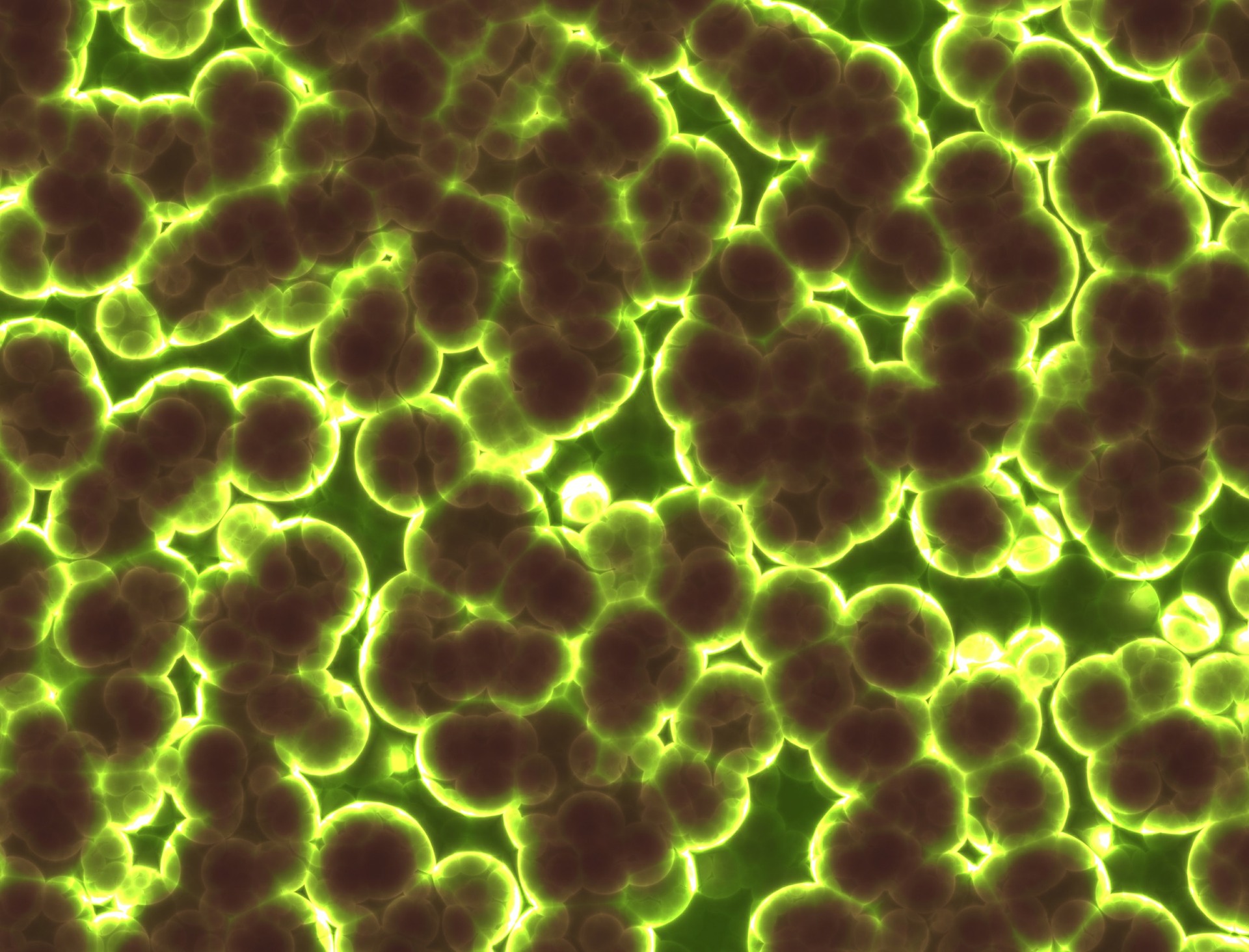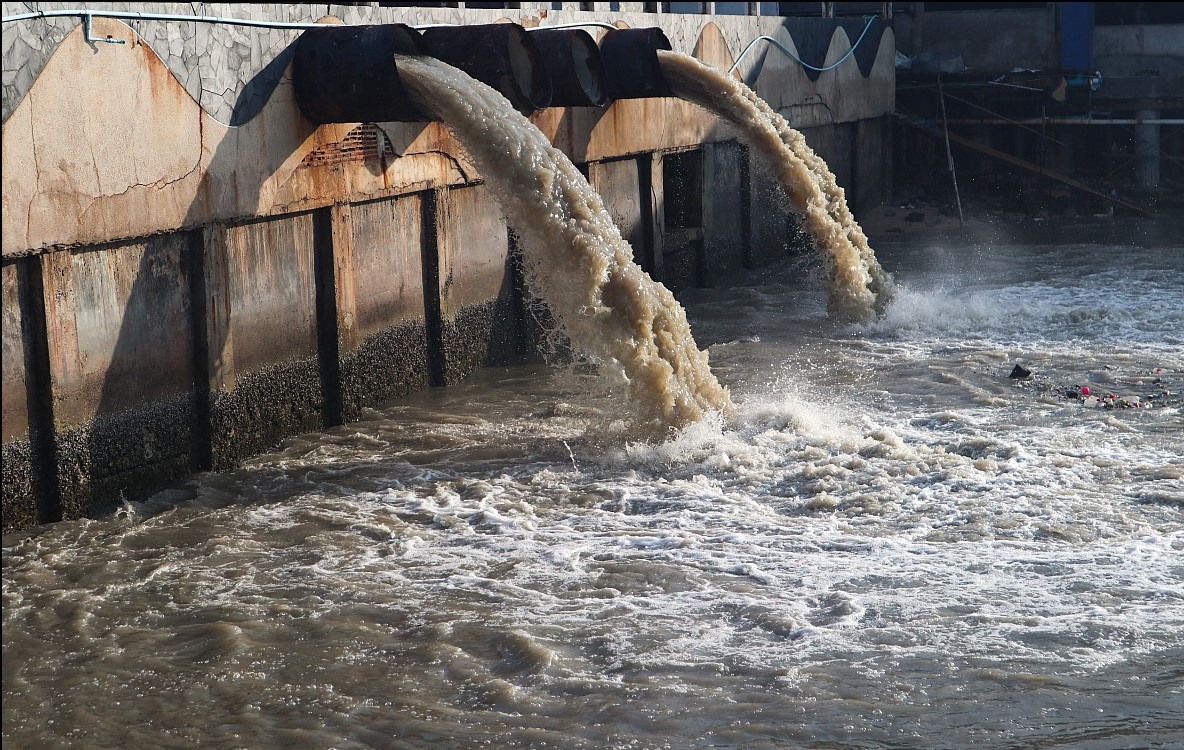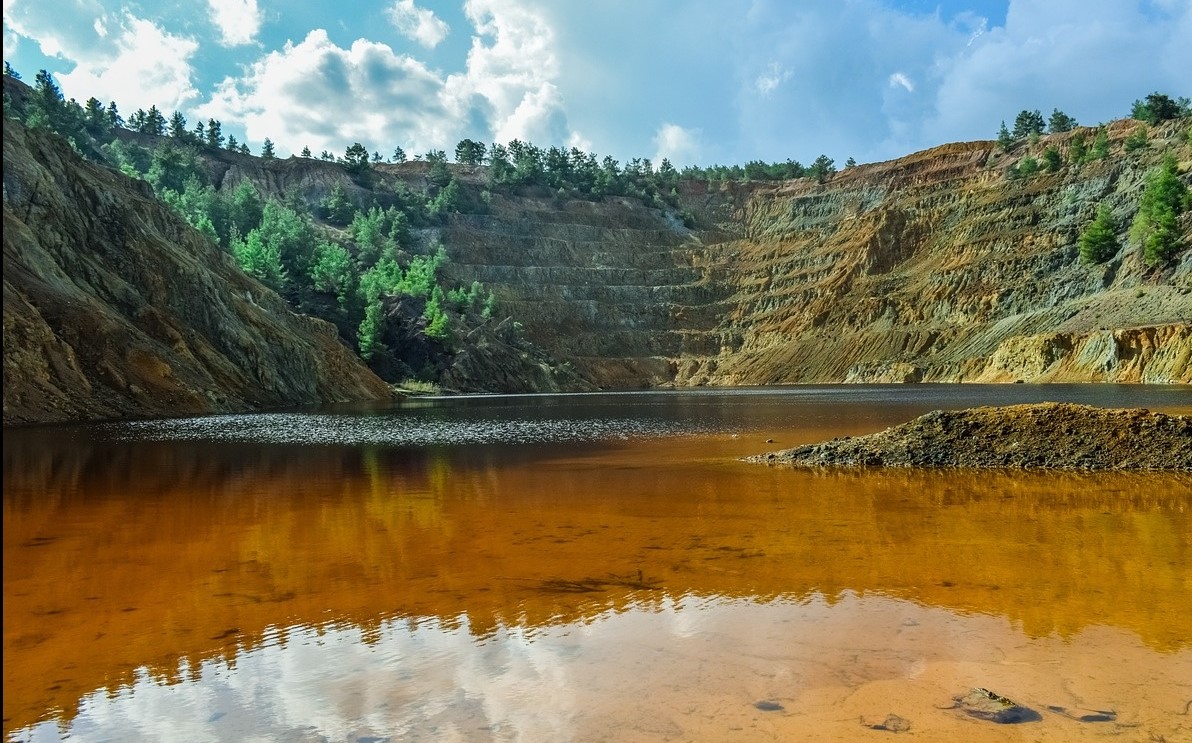To date, so-called forever-chemicals like polyfluoralkyl substances (PFAS) are almost biologically undegradable, due to their strong carbon-flourine bonds. Well-known measures like activated carbon adsorption, ion exchange or reverse osmosis are able to retain the substances, but not to destroy them.
Allonnia’s CEO Nicole Richards, who previously led growth and strategy for DuPont’s water solutions business, believes that synthetic biology is a more relevant and potentially more complete solution to tackle the problem. The company aims at creating tailored enzymes, proteins, and microbes that degrade or metabolize contaminants of concern.
Besides water and wastewater treatment, the biological solutions are intended be applied in soil redemption, solid waste management and for recovering and upcycling valuable materials from waste.
$40 billion for launching a start-up developing microbes to break down PFAS
Kategorie: Trade & Industry
Thema: Water Solutions
Autor: Jonas Völker
Das könnte Sie auch interessieren:
Passende Firmen zum Thema:
Publikationen
Sie möchten die gwf Wasser + Abwasser testen
Bestellen Sie Ihr kostenloses Probeheft
Überzeugen Sie sich selbst: Gerne senden wir Ihnen die gwf Wasser + Abwasser kostenlos und unverbindlich zur Probe!







